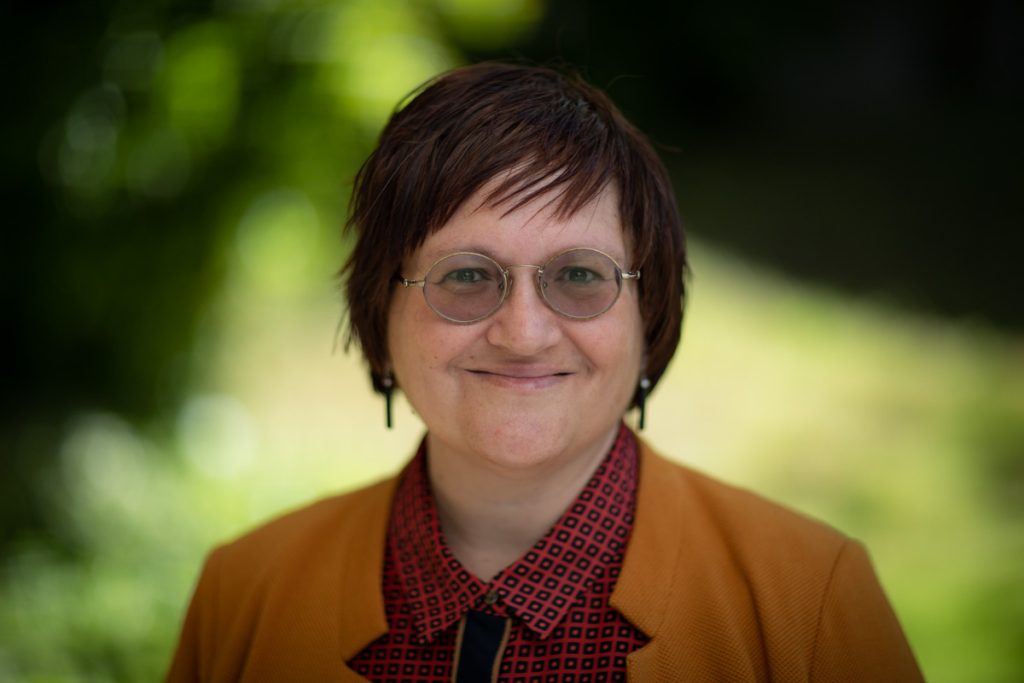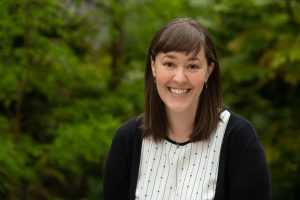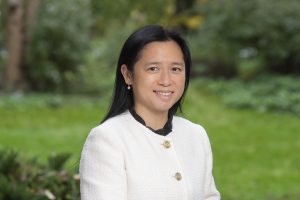Sibel Erduran is Professor of Science Education. Prior to her appointment at Oxford, she was the Chair of STEM Education at University of Limerick, Ireland where she was the Director of EPI-STEM, National Centre for STEM Education.
She is a Fellow of the American Educational Research Association, an Editor for International Journal of Science Education as well as a member of the editorial boards of numerous journals. She held a Distinguished Chair Professor position at National Taiwan Normal University funded by the Taiwan Global Networking Talent Project; as well as Visiting Professorships at Kristianstad University, Sweden; Bogazici University, Turkey; University of Oslo, Norway; and University of Bologna, Italy.
She served as the Editor-in-Chief of Science & Education; the President of the European Science Education Research Association; member of the Executive Boards of NARST and IHPST; and grant review panels of UKRI, AHRC and ESRC among others. Her work experience included posts at University of Pittsburgh, USA; King’s College London, UK; and University of Bristol, UK. She was a middle school science and high school chemistry teacher in a school with British curriculum in northern Cyprus. She delivered Keynote Lectures at international conferences held in Austria, Finland, Greece, Lebanon, Poland, Mexico, Spain, South Africa and Singapore among other countries.
She completed her higher education in the USA at Vanderbilt (PhD Science Education & Philosophy), Cornell (MSc Food chemistry) and Northwestern (Biochemistry) Universities. Her research interests focus on the applications in science education of epistemic perspectives on science in general and in chemistry in particular. Her work on argumentation has received awards from NARST and EASE.
She has been the recipient of funding from Fulbright Program, Spencer Foundation, Gatsby Foundation, Nuffield Foundation, TDA, EU Marie Curie Brain Circulation Scheme, Science Foundation Ireland, BERA, NCCA, Wellcome Trust, EU Horizon 2020, ESRC Impact Acceleration and the Templeton World Charity Foundation. Currently she is leading Project AI-Vision on the impact of artificial intelligence on scientific practices and science education funded by the John Fell Fund.








